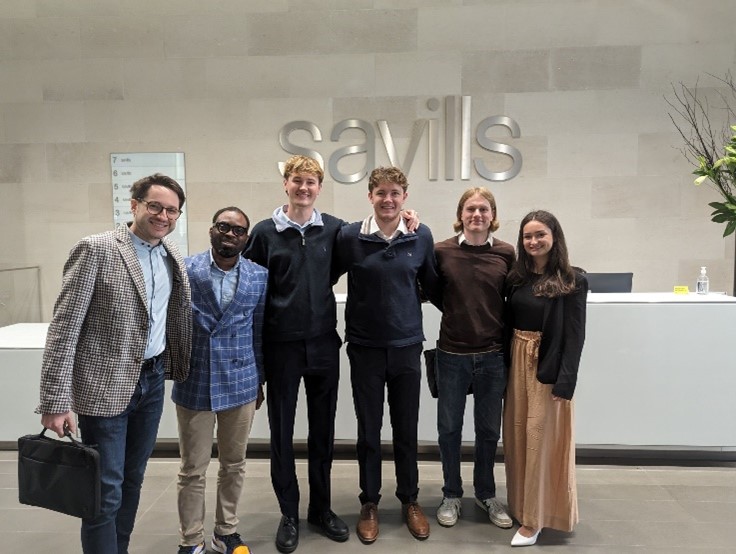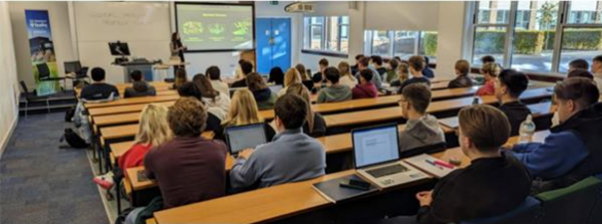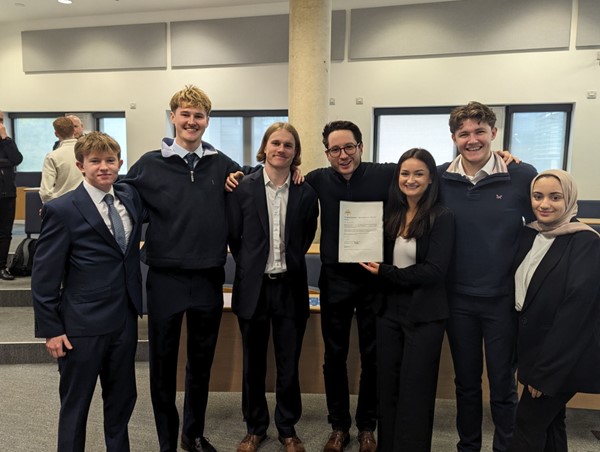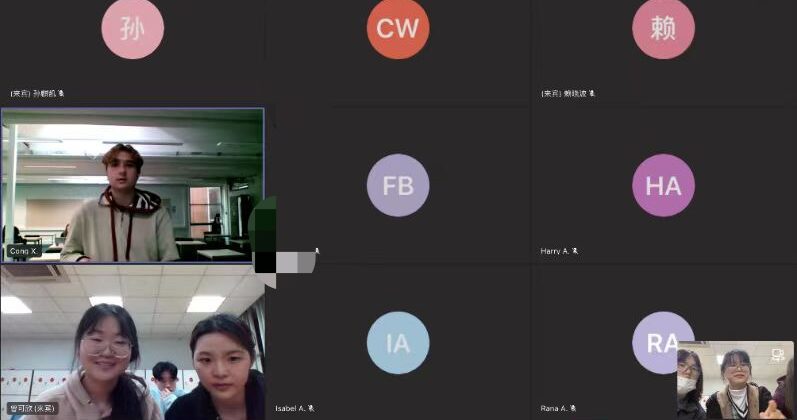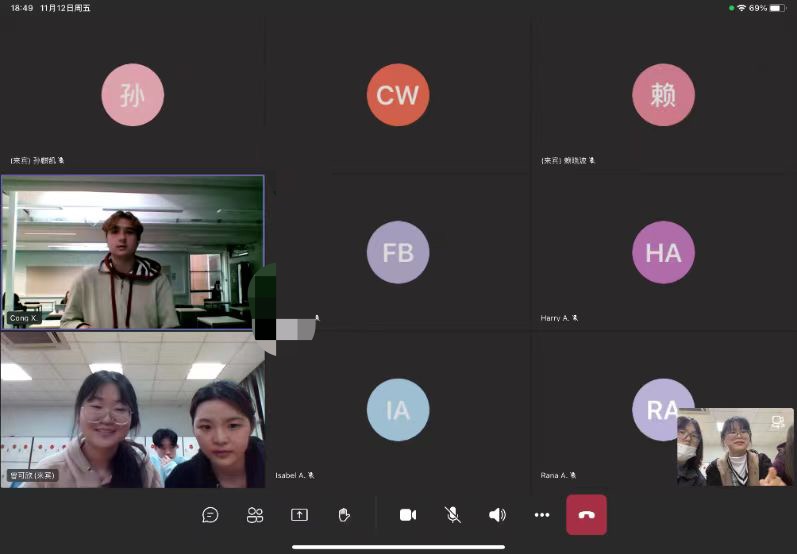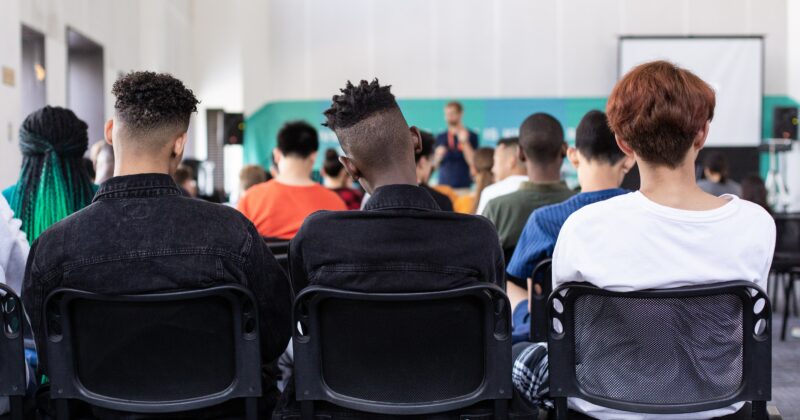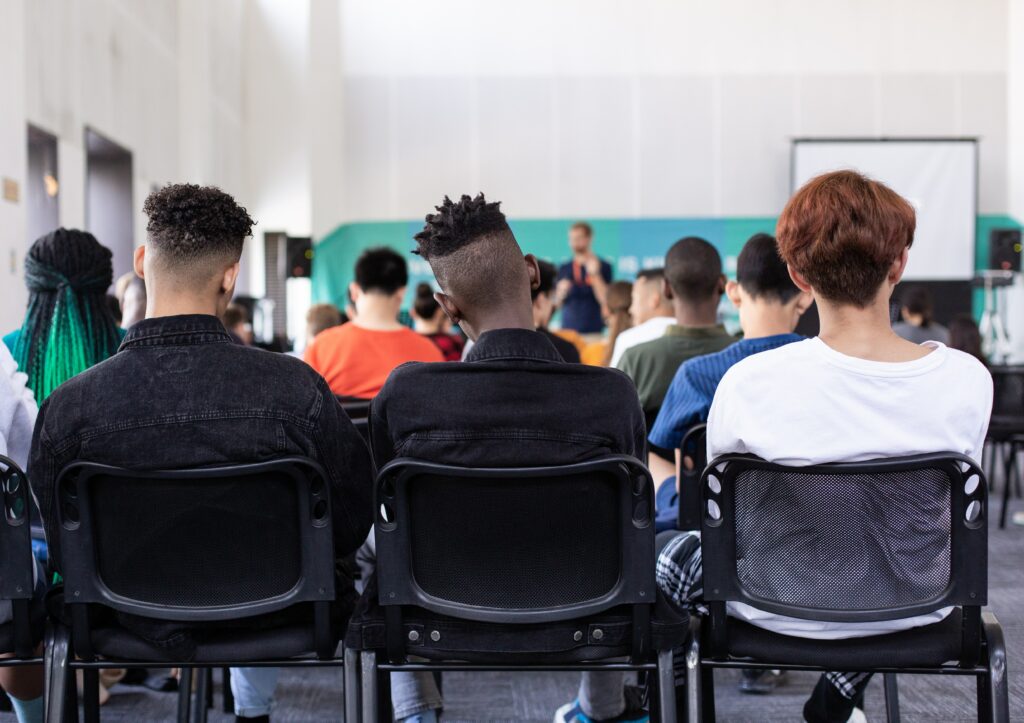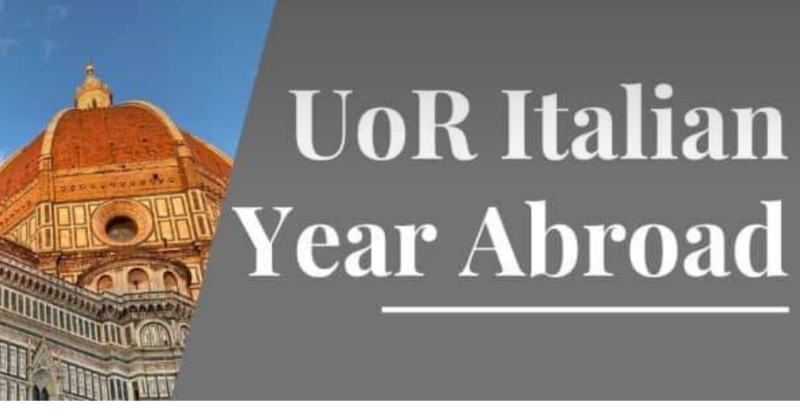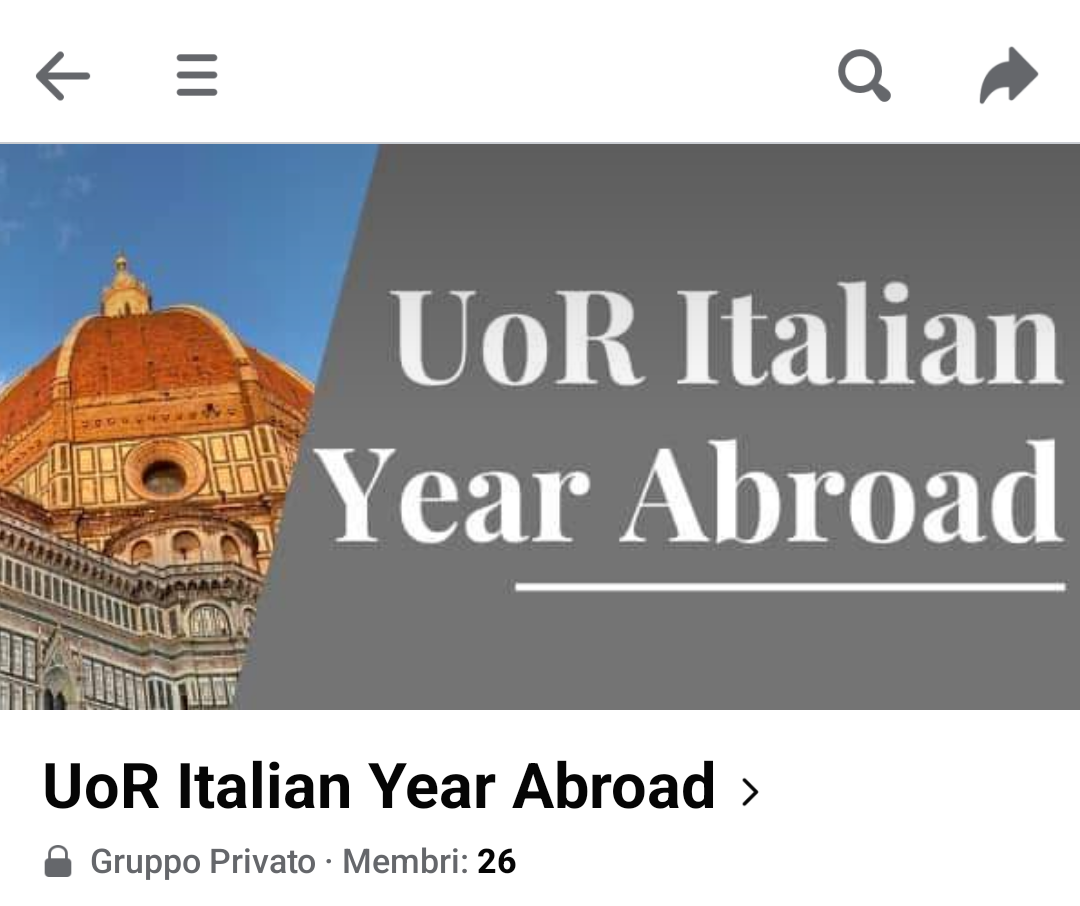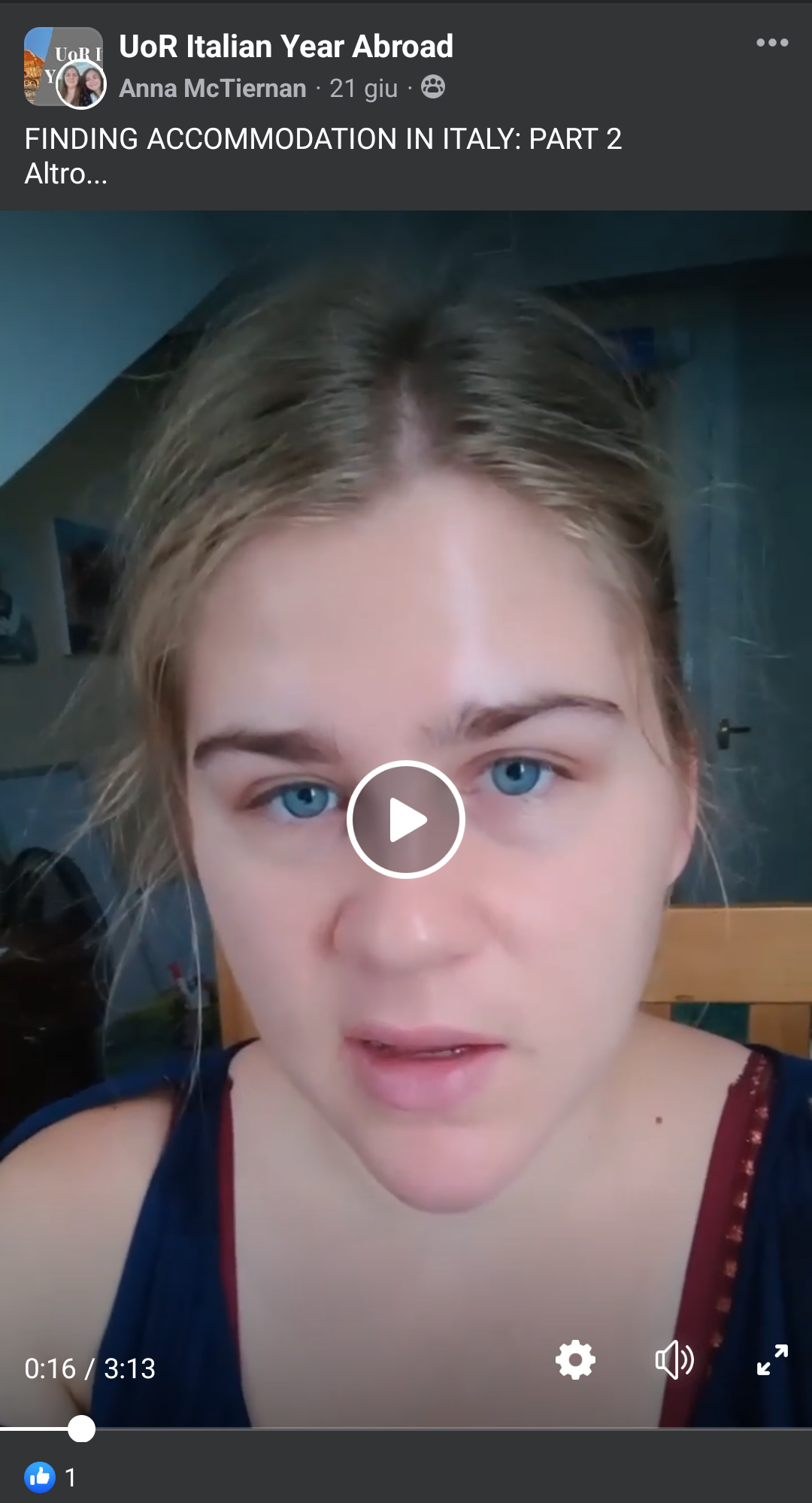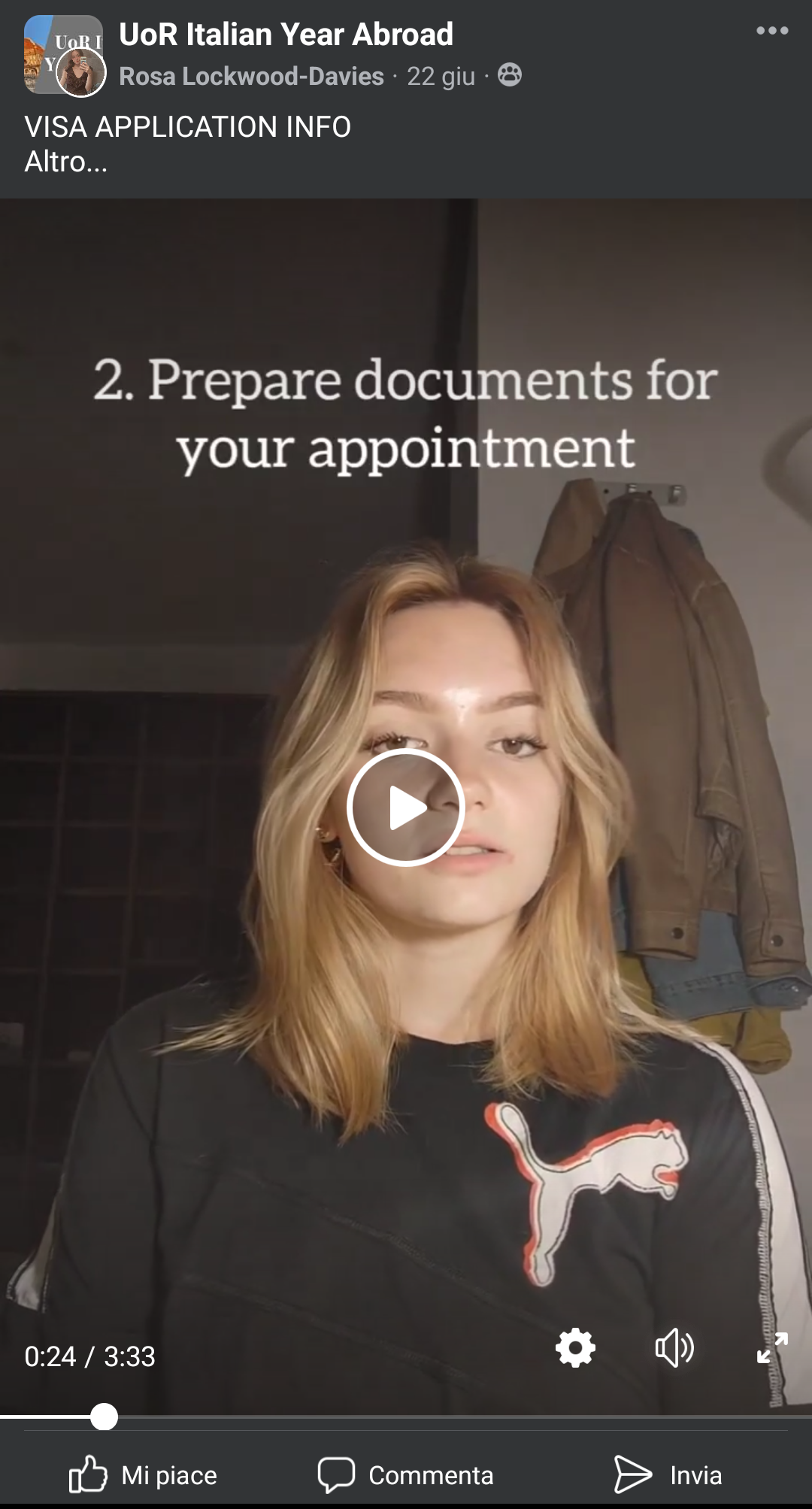By: Dr Veundjua Muruko-Jaezuruka, ISLI (International Study and Language Institute), v.muruko-jaezuruka@reading.ac.uk

Overview
This case study explores blending problem-based learning (PBL) and real-world scenarios on foundation economics. By embracing PBL, encourages deep learning, real-world application, and fosters a global perspective in students. In addition to enhancing academic achievement, it prepares students for further academic studies and future professional challenges in a globalised world.
Objectives
- To build a deep understanding of foundational economic theories and concepts, while engaging students in practical applications that stimulate critical thinking and problem-solving skills.
- The aim is to bridge the knowledge gap for international students who may face challenges transitioning into higher education systems.
Context
On the International Foundation Programme (IFP), we are committed to enhancing the student experience through creative and effective teaching strategies. An innovative approach I introduced on the Foundation Economics modules was the integration of Problem-Based Learning (PBL), in response to student feedback. With an average cohort size of 28, the module offers a supportive and interactive learning environment. Previously, students engaged mainly through quizzes, short-answer tasks, calculations, and textbook-based case studies, with limited real-world application. The shift to PBL marked a significant change, as students tackled real economic issues—such as market failures and government intervention in Microeconomics—through collaborative group work. They researched and critically analysed real-world problems, then proposed possible government intervention/solutions. This approach not only deepened engagement and critical thinking but also developed transferable academic and professional skills aligned with the expectations of higher education and future employment.
Implementation
- PBL: Each week, students were presented with real-world economic challenges, such as analysing global trade disputes, inflation crises, or the impact of taxation on different economies. This PBL approach moves beyond traditional lectures, prompting students to work in small groups to research, analyse, and propose solutions using core economic principles.
- To encourage more active participation, we adopted the flipped classroom approach. Students access lectures online at home and come to class prepared to engage in discussions, debates, and hands-on activities based on the theoretical content they’ve already absorbed. By shifting lower-order learning to independent study, resulted in more engagement, through interactive tasks. This change enhanced retention of complex economic concepts, and students reported feeling more confident in applying theory to practice.
- Cross-cultural perspectives: Given the international nature of the IFP, the module includes case studies from different countries, fostering discussions on how economic principles apply across diverse global contexts. Students were encouraged to draw on their own countries’ economic policies, enhancing relatability and relevance adding unique insights and enriching the learning experience.
- Interactive database technologies: Students were introduced to economic databases to analyse trends in GDP, inflation, and unemployment rates. These not only support the application of economic theory but also equip students with skills required in the modern data-driven world.
Impact
– Critical thinking and collaboration: Students developed critical thinking skills by working through ambiguous economic problems in teams -such as the impact of recent inflation on living standards and how this affects students’ daily lives, or the externalities of production and their environmental consequences, encouraging students to propose relevant policy solutions – learning to debate and defend their solutions. Student feedback indicated higher confidence in tackling complex economic problems, a skill crucial for their success in undergraduate studies.
– Global awareness: Students gained a global perspective on economics, appreciating the nuances of economic policies and their impacts in various regions around the world. By creating a learning community where students’ diverse experiences are valued (see Lave and Wenger’s Social Learning Theory, 1991), we fostered a collaborative and inclusive learning environment.
Reflections
Integrating PBL with digital tools (query interface built-in databases – like Statista, ONS and the World Bank Data Portal – transformed the classroom from a space for passive content delivery to a dynamic environment for exploration. One significant benefit was how it catered to different learning styles; students who excelled in independent research complemented those who thrived in group discussions, creating a holistic learning experience. These impacts were evident through classroom observations, where diverse strengths emerged during group tasks, as well as through end-of-seminar student surveys.
While the flipped classroom model was largely successful, there were some challenges, particularly in ensuring all students completed the pre-class materials. To address this going forward, short accountability measures, such as online quizzes, to track progress will be implemented. Some students also required more support transitioning to this self-directed learning model, so additional tutorials will be provided for those who need extra guidance.
I aim to develop a stronger feedback loop, where students regularly reflect on the flipped classroom model’s effectiveness, ensuring that the approach evolves in line with their learning needs.
Follow up
- Expanding the use of PBL to cover all major topics in the curriculum
- Introducing additional digital tools and simulations to further enrich the learning experience.
- Providing continuous professional development for staff to adapt and refine these innovative teaching strategies.
Feedback on the effectiveness of PBL has been collected, and this approach will be incorporated (in seminars) into curriculum areas that students find challenging – identified through their own feedback.
References
- Lave, J., & Wenger, E. (1991). Situated learning: Legitimate peripheral participation. Cambridge University Press.

